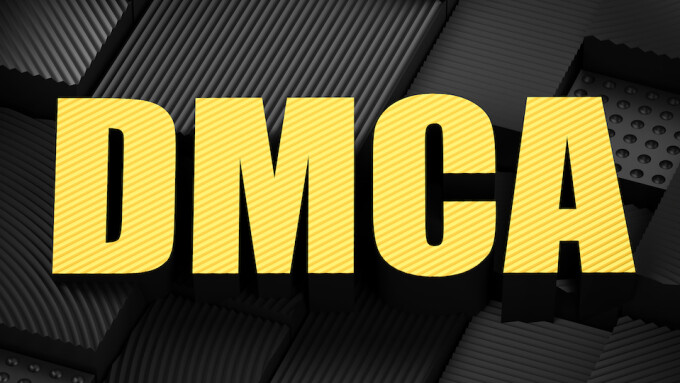PASADENA, Calif. — A two-to-one split vote in the U.S. Circuit Court for the Ninth Circuit last week spotlighted the ongoing controversy over internet infrastructure companies' responsibility for illegal content. Two of the three judges on the panel sided with data-center service Steadfast Networks LLC over copyright owners ALS Scan Inc.
Friday’s decision endorsed server farm operator Steadfast Network's view that it had done its due diligence by forwarding Digital Millennium Copyright Act (DMCA) notices issued by ALS Scan for pirated content to the platform that had hosted them.
That platform, ImageBam.com, was cited in a Bloomberg Law report as having become “a hub for infringing adult content.” However, the Ninth Circuit panel’s narrow majority was convinced that Steadfast Networks had done enough to combat infringement by forwarding the DMCA notices to ImageBam, resulting in “timely removal of the material.”
The split decision, the Bloomberg Law reporter commented, “highlights the question of how much responsibility the DMCA places on operators of internet infrastructure to address repeated infringement via their services.”
A central issue was what the litigants referred to as “the whack-a-mole problem,” a result of the DMCA’s notice-and-takedown provisions that has led to endless infringer-chasing for copyright owners.
“We are sympathetic to ALS’s ‘whack-a-mole problem,’” the court admitted in the unpublished (i.e., not to be quoted as precedent) opinion, “but we are persuaded by the specific facts of this case that Steadfast’s ‘simple measures’ are enough.”
Steadfast, the opinion continued, “forwarded each notice to ImageBam’s owner, and every infringing work was taken down. Nor is there evidence that Steadfast had any other simple measures at its disposal. Steadfast did not operate, control or manage any functions of ImageBam.com. It could not supervise, access, locate or delete ImageBam accounts. It had no way of knowing, based on a URL hyperlink contained in the notices of copyright infringement, where the infringing works or the ImageBam accounts responsible for illegal uploads were located on [the] servers.”
The panel heard the case “de novo” — “anew” in Latin — a common appeals strategy in civil and small claim cases where one of the parties continues to fight a case after a ruling against them. The trial de novo request asks to set aside the decisions from a lower court and re-try the case.






